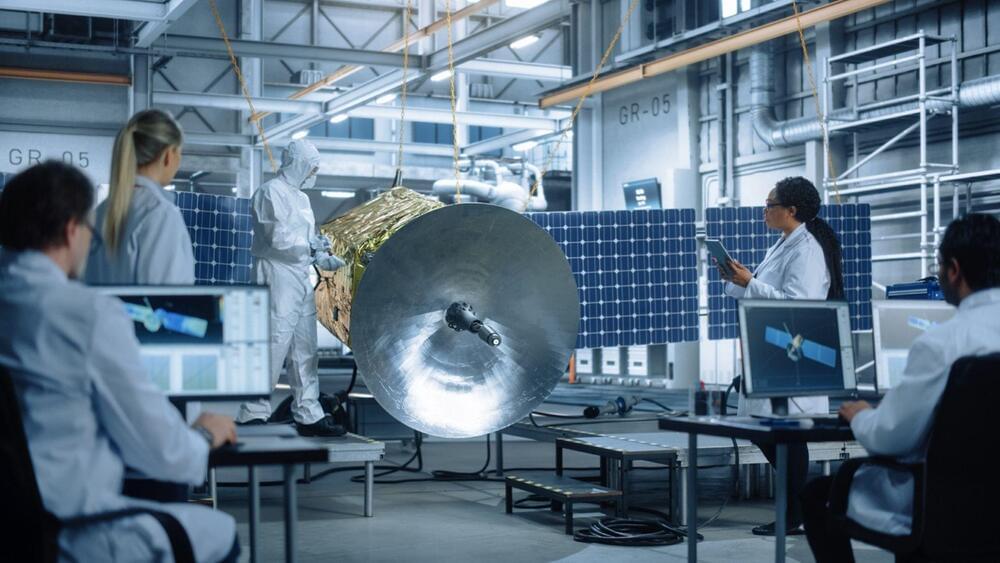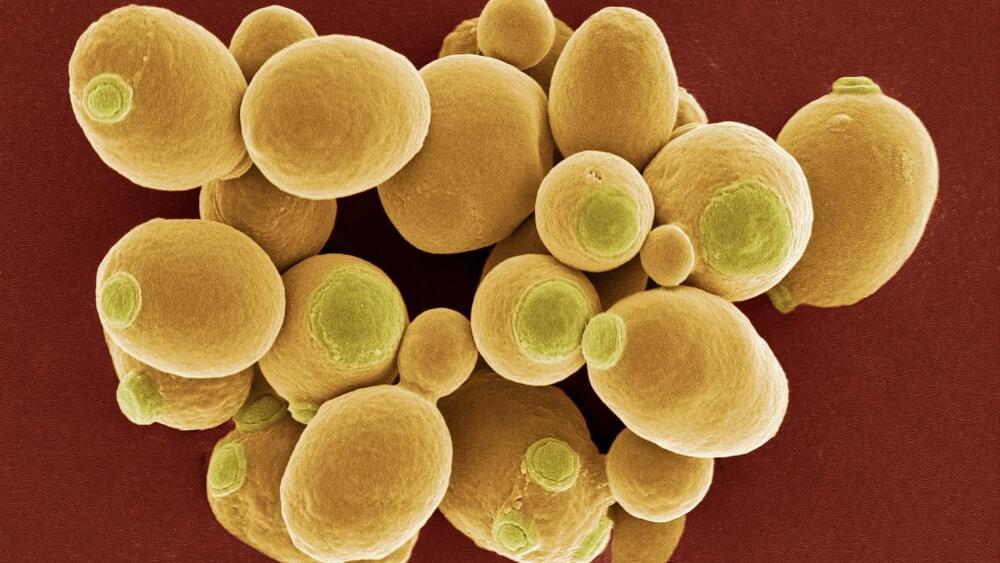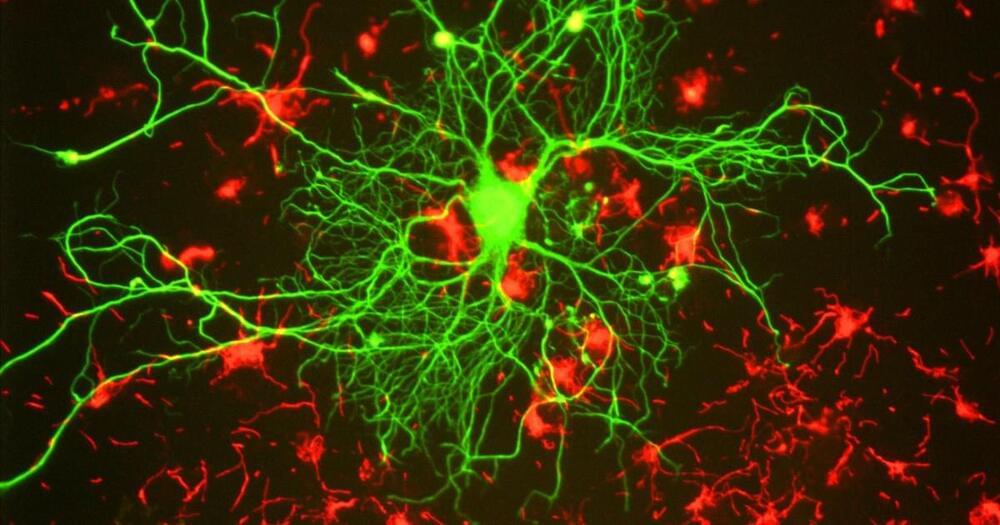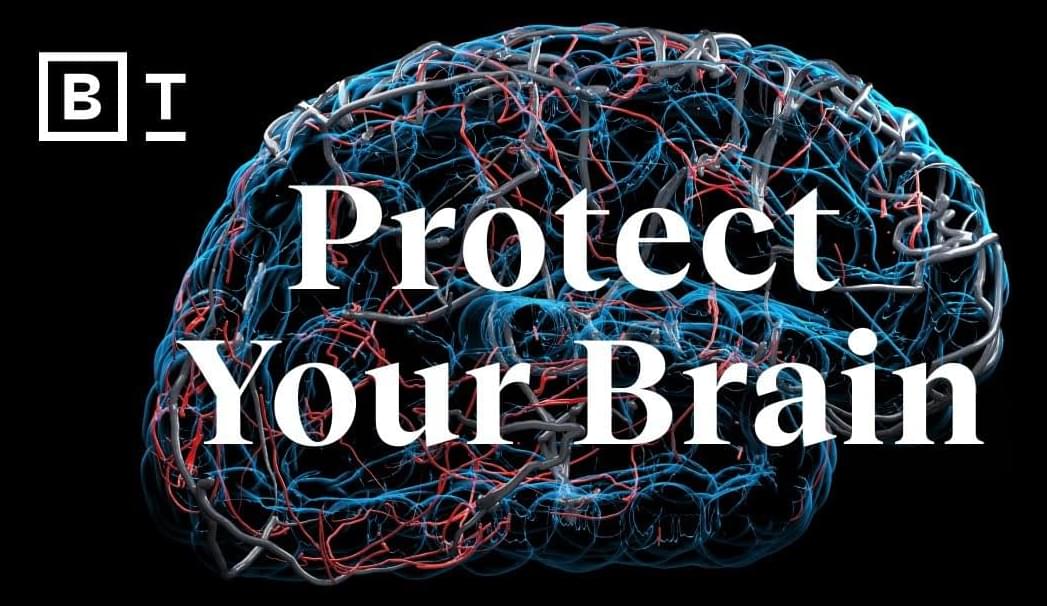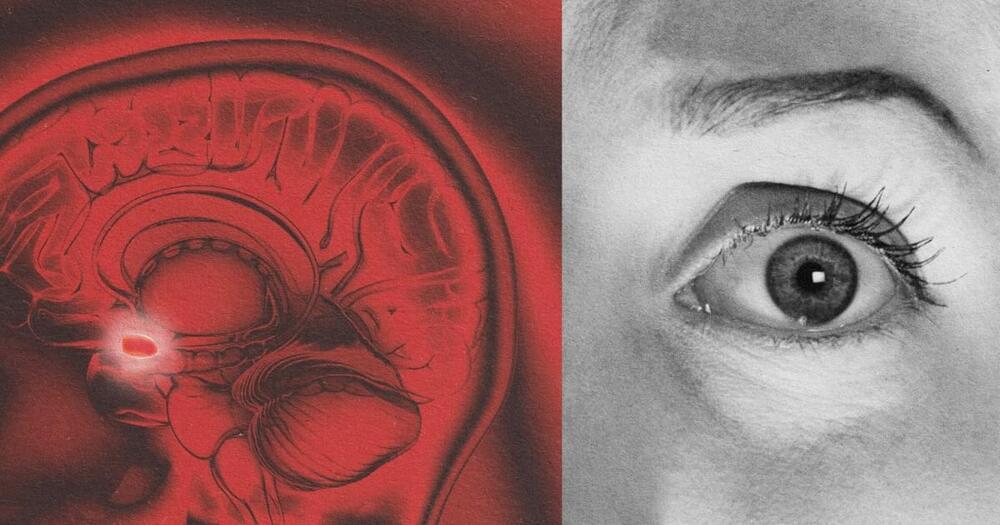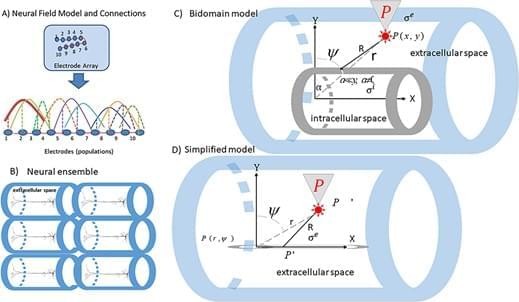
In 2008, Dr. Eben Alexander contracted a rare case of bacterial meningitis. As the pathogen wracked his brain, causing it to swell and suffuse with pus, Alexander entered a deep coma. He was not expected to survive. But live he did, and with a tale to tell. For in Alexander’s stricken state, he underwent a near-death experience, a profound out-of-body event. Four years later, the neurosurgeon detailed it in a best-selling book.
“I had no real center of consciousness,” he wrote. “I didn’t know who or what I was or even if I was simply… there, a singular awareness in the midst of a soupy, dark, muddy nothingness…”
More recently, Alexander’s popular account of his near-death experience attracted the attention of Pascal Michael, a PhD student in psychology at the University of Greenwich. Michael met Alexander after seeing him speak at an academic conference and was informed that Alexander had experimented with 5-MeO-DMT, a psychedelic closely related to DMT, secreted from the glands of the Colorado River toad.

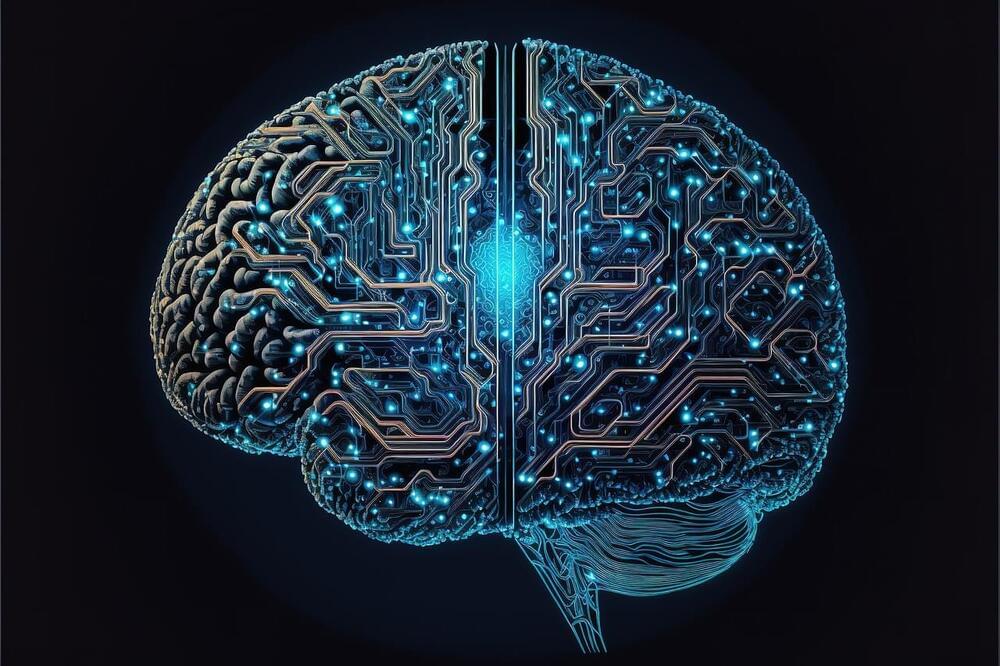
 עברית (Hebrew)
עברית (Hebrew)